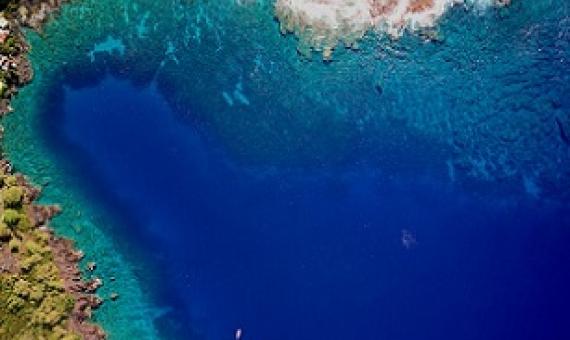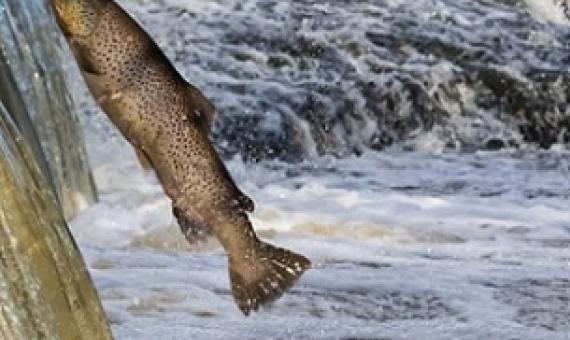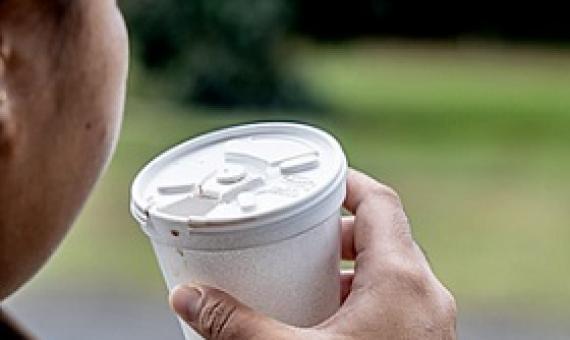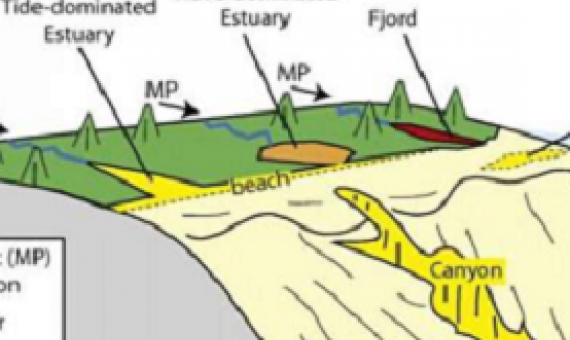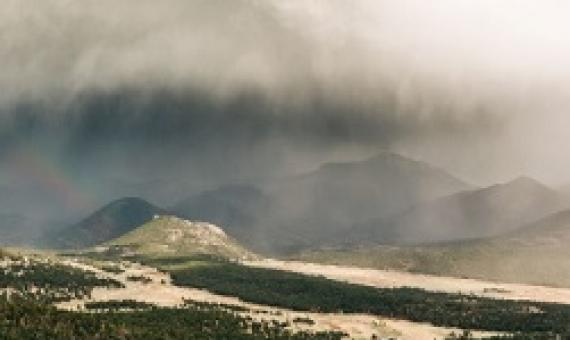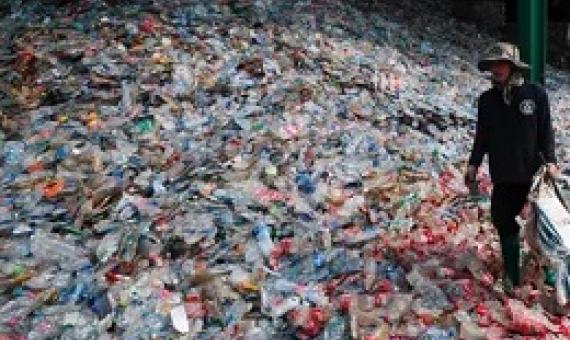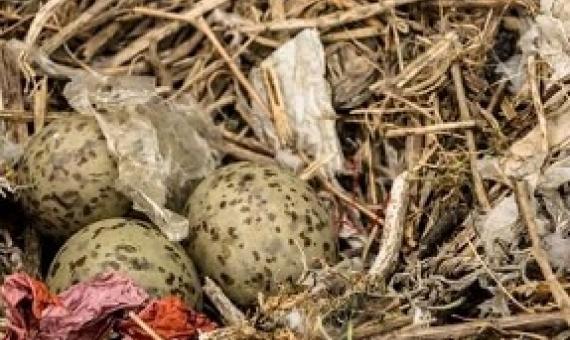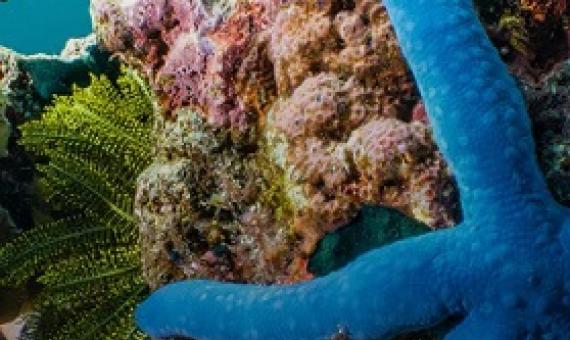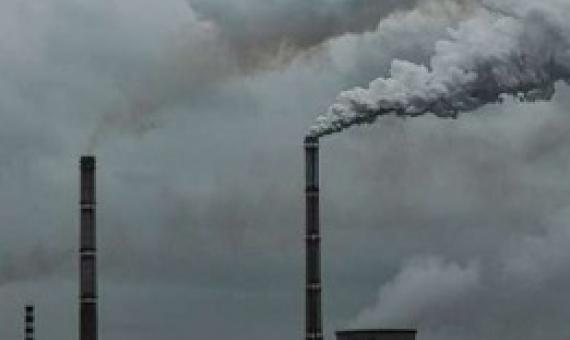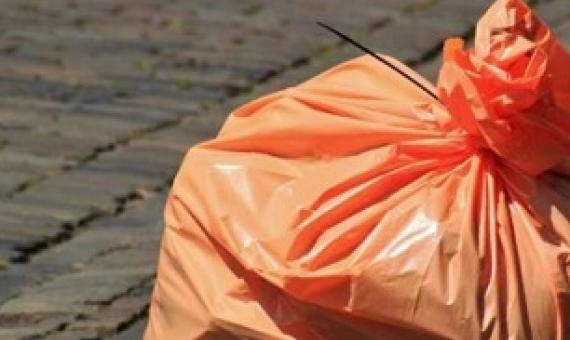A new study has found a 45% decline in the biomass of important fish species in West Hawai‘i’s reefs across a 10-year period...The study will inform new management practices to protect Hawai‘i’s coral reefs, including the state’s 30 by 30 initiative, which aims to designate 30% of Hawai‘i’s
A new report finds that migratory freshwater fish species have declined on a global scale by 76% since 1970, with the highest drops experienced in Europe.
The Government has deferred enforcing a nationwide ban on the use of styrofoam plates and cups due to the coronavirus [COVID-19] global pandemic. This was confirmed by the Ministry of Natural Resources and Environment [M.N.R.E.] on Wednesday.
Microplastic pollution in marine environments is concentrated most highly in coastal habitats, especially fjords and estuaries, according to a new review article published in the journal Marine Pollution Bulletin.
Remote wilderness areas and national parks in the western United States are getting a dusting of plastic every year, perhaps 1000 tons or more, according to a new study.
Beer and soft drinks could soon be sipped from “all-plant” bottles under new plans to turn sustainably grown crops into plastic in partnership with major beverage makers.
Researchers have found that plastic debris is incorporated in up to 80% of seabird nests. For the first time, it has now been identified where that plastic might come from—at least for some of the species studied.
Grim reports and unsettling headlines paint a bleak future for Earth’s coral reefs, which are projected to be wiped out by the end of the century due to climate change and pollution. But a new study shows that this future can be prevented — and outlines th
Stay-at-home orders enacted to slow human movement, and consequently the spread of COVID-19, have had obvious benefits for the environment, but they are also impacting environmental science.
There may be a small answer to one of the biggest problems on the planet.

